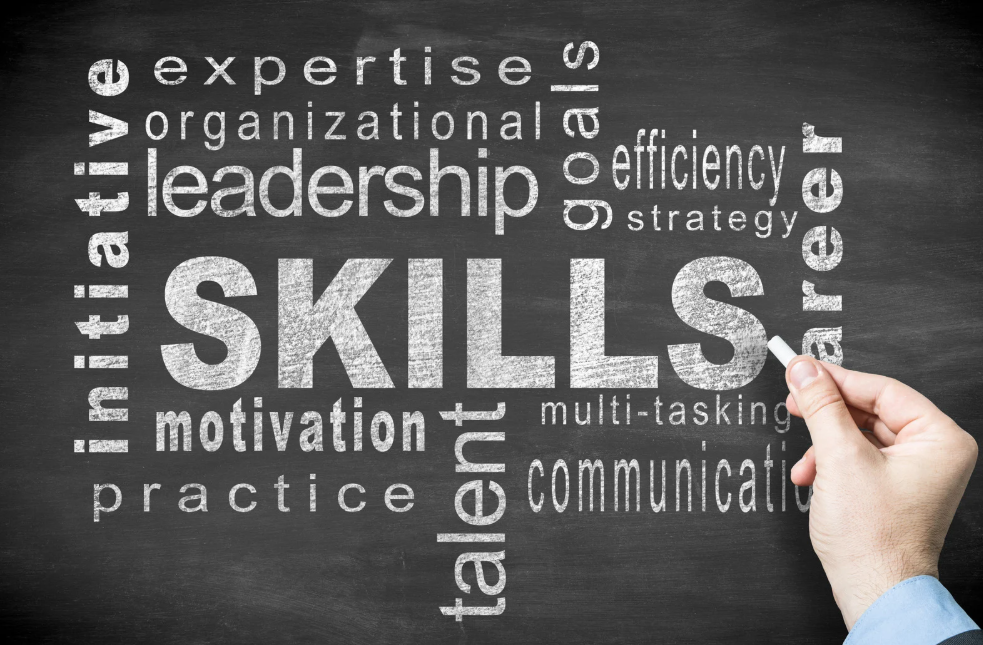When people talk about mentoring, many tend to picture it as “a more advanced version of tutoring” – where students simply receive help with knowledge and assignments. In reality, mentoring is a comprehensive growth journey – a space where students not only improve academically but also discover themselves, develop their mindset, and build sustainable life skills.
So, what do students truly gain from having a mentor?
Learning More Effectively – Beyond Just Grades

Mentoring is often associated with academic improvement, but its value extends far beyond that. A mentor doesn’t just answer questions or help with assignments – they accompany students in developing a personalized learning approach that fits their individual style and pace.
Students receive guidance to set clear, achievable academic goals, while also learning how to manage time and prioritize tasks effectively. When learning becomes intentional and strategic, the outcome is not only higher grades, but also confidence and independence – essential skills that stay with them for life.
Building Personal Competence: Understanding and Managing Oneself

One of the core values of mentoring lies in fostering self-awareness – the ability to understand oneself, from emotions and thoughts to personal values. When students know who they are, what their strengths and weaknesses are, they can shape their own learning style, regulate negative emotions, and face challenges with greater confidence.
Mentoring also helps students develop self-management skills – the discipline to maintain positive habits, stay committed to goals, and adjust behaviors when obstacles arise. Many bright students struggle with persistence, and mentoring is where they learn to sustain intrinsic motivation and resilience.
Developing Social Skills – The Foundation for Global Citizenship

Beyond academics, mentoring provides opportunities to build vital social and emotional skills. Through meaningful conversations, students learn how to listen actively, empathize, ask thoughtful questions, and resolve conflicts. These abilities form the basis for building healthy relationships with peers, teachers, and the community – something traditional classrooms often overlook.
Moreover, mentoring encourages collaboration and teamwork, two essential skills for thriving in international learning environments and professional careers.
Unlocking Potential: Beyond Academic Excellence and Soft Skills

What truly sets mentoring apart is its power to help students uncover their inner potential. Through reflective and thought-provoking questions, students gradually discover:
-
What am I truly passionate about?
-
Which values matter most to me?
-
Who do I want to become in the future?
When students gain clarity about themselves, they stop chasing external validation or comparing themselves to others. Instead, they take ownership of their growth, designing a life path aligned with their values and strengths.
Mentoring – A Journey Toward Holistic Growth
Mentoring doesn’t just help students perform better academically – it empowers them with life skills, confidence, and emotional intelligence to face the complexities of the modern world.
It is a journey of holistic development, where students are seen, heard, and empowered to lead their own lives with purpose and authenticity.
Read the vietnamese version here.


 VIE
VIE